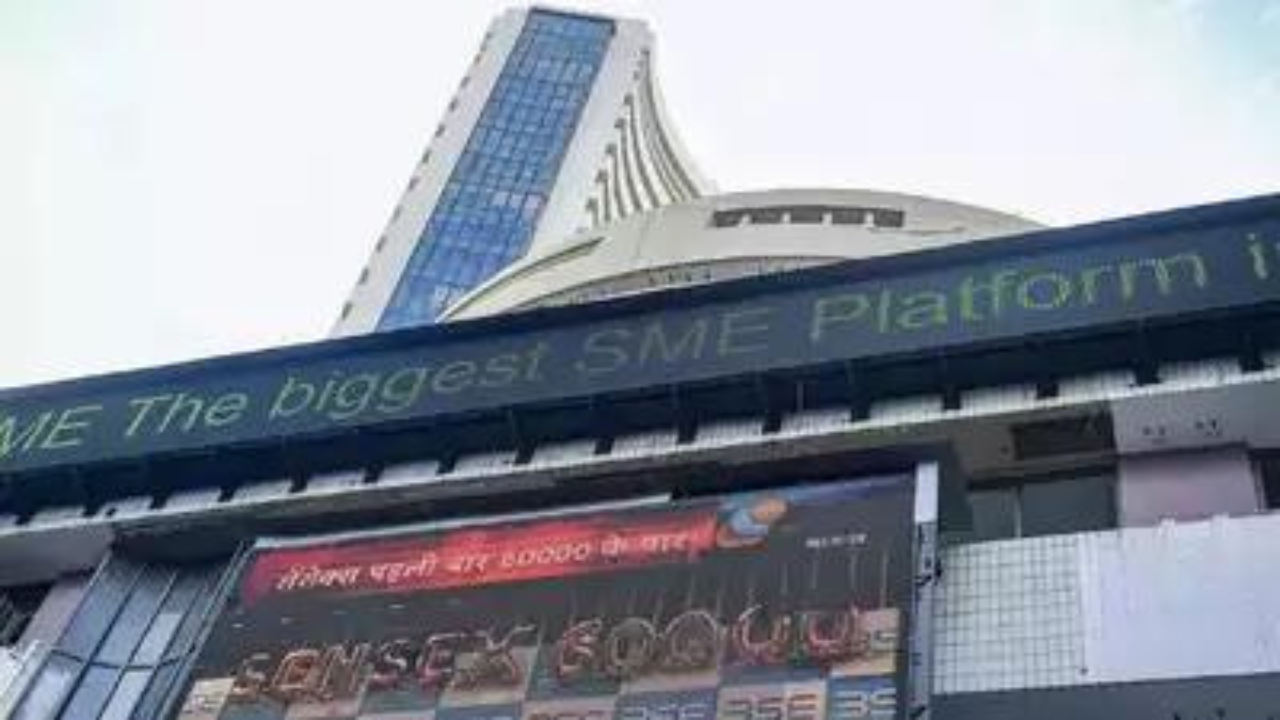India’s stock market value exceeded $5 trillion for the first time, with the latest boost coming from a commitment by Prime Minister Narendra Modi’s new coalition for policy continuity in the world’s fastest-growing major economy.
The country’s equity market has joined the ranks of the US, China, Japan and Hong Kong after topping the threshold last week, according to data compiled by Bloomberg.It took India about six months to add the latest $1 trillion to the capitalization of companies listed on its exchanges.
Indian stocks have been scaling new peaks since the ruling Bharatiya Janata Party secured sufficient support from key allies to form a coalition government, ensuring Modi’s return to power for a third straight term. The victory, alongside robust economic growth and a recent upgrade of India’s ratings outlook by S&P Global Ratings, are combining to burnish India’s appeal for global investors.
The formation of the new government with most key ministers retaining their portfolios “broadly affirms policy continuity,” according to Goldman Sachs strategist Sunil Koul. India remains a market with exceptionally stable macroeconomics and earnings growth is expected to continue, driving stocks higher, Koul said in a Bloomberg Television interview last week.
A distinctive feature of gains in recent years has been the extent to which millions of young Indians have taken to equity investments. Local funds, including banks and insurers, have bought more than $26 billion in shares this year, while foreigners offloaded about $3.4 billion, according to data compiled by Bloomberg.
“The once dominant foreign institutional investors are no longer the sole drivers of the market,” according to Bino Pathiparampil, head of research at Mumbai-based Elara Capital.
Still, off-shore interest have started to return following the outcome of the elections.
“There appears ample money on the sidelines waiting to be deployed into India from foreign regional funds and India dedicated funds,” said Chetan Seth, a strategist at Nomura Holdings Inc. “Foreigners have not been able to get enough of India largely due to concerns around valuations and are still underweight.”
India’s benchmark NSE Nifty 50 Index closed at a fresh all-time high on Friday and is headed for an unprecedented ninth-straight year of gains. The shares of smaller and mid-sized companies have also been rallying and outperformed their larger peers in recent years to account for about 40% of the total market valuation. The market was closed on Monday for a public holiday.
The country’s equity market has joined the ranks of the US, China, Japan and Hong Kong after topping the threshold last week, according to data compiled by Bloomberg.It took India about six months to add the latest $1 trillion to the capitalization of companies listed on its exchanges.
Indian stocks have been scaling new peaks since the ruling Bharatiya Janata Party secured sufficient support from key allies to form a coalition government, ensuring Modi’s return to power for a third straight term. The victory, alongside robust economic growth and a recent upgrade of India’s ratings outlook by S&P Global Ratings, are combining to burnish India’s appeal for global investors.
The formation of the new government with most key ministers retaining their portfolios “broadly affirms policy continuity,” according to Goldman Sachs strategist Sunil Koul. India remains a market with exceptionally stable macroeconomics and earnings growth is expected to continue, driving stocks higher, Koul said in a Bloomberg Television interview last week.
A distinctive feature of gains in recent years has been the extent to which millions of young Indians have taken to equity investments. Local funds, including banks and insurers, have bought more than $26 billion in shares this year, while foreigners offloaded about $3.4 billion, according to data compiled by Bloomberg.
“The once dominant foreign institutional investors are no longer the sole drivers of the market,” according to Bino Pathiparampil, head of research at Mumbai-based Elara Capital.
Still, off-shore interest have started to return following the outcome of the elections.
“There appears ample money on the sidelines waiting to be deployed into India from foreign regional funds and India dedicated funds,” said Chetan Seth, a strategist at Nomura Holdings Inc. “Foreigners have not been able to get enough of India largely due to concerns around valuations and are still underweight.”
India’s benchmark NSE Nifty 50 Index closed at a fresh all-time high on Friday and is headed for an unprecedented ninth-straight year of gains. The shares of smaller and mid-sized companies have also been rallying and outperformed their larger peers in recent years to account for about 40% of the total market valuation. The market was closed on Monday for a public holiday.


Post a Comment